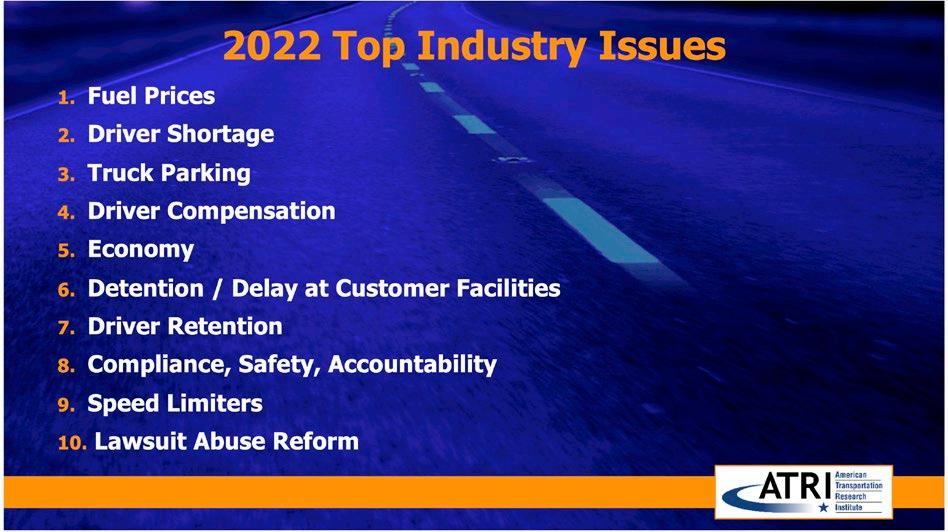
2 minute read
FMCSA Administrator Robin Hutcheson Talks Trucking Priorities
Last fall, Robin Hutcheson was confirmed as the seventh Administrator of the Federal Motor Carrier Safety Administration (FMCSA). However, she has been leading the agency since last January after Acting Administrator Meera Joshi left to become a deputy mayor of New York City.

It has been an action-packed year for Hutcheson since then. Shortly after she took the wheel at FMCSA, the U.S. Department of Transportation rolled out its National Roadway Safety Strategy, an agency-wide initiative aimed at addressing over-the-road fatalities. In addition, FMCSA issued a significant number of rulemakings, along with information and exemption requests, as the trucking industry transitioned to a post-pandemic economy.
Food Chain Digest recently spoke with Hutcheson about her priorities at the Women In Trucking Accelerate! Conference in Dallas.
Food Chain Digest: What is your top priority at the FMCSA?
Robin Hutcheson: The National Roadway Safety Strategy is a priority for the department. It’s a priority for the Secretary of Transportation and it’s a priority for the FMCSA. There were more than 5,000 crashes involving a commercial motor vehicle in 2021 and over 42,000 overall. This is a crisis. With safety on public roadways as our mission, we’ve committed to zero fatalities as our goal. This is a “call to action” and we cannot solve this problem by ourselves. We’re grateful for all the efforts that happen in so many spaces, from the transportation industry, from advocacy, from the federal government, and from local government.
Food Chain Digest: Are there any other priorities?
Robin Hutcheson: Yes, we’re focused on driver retention. When I began as Deputy Administrator, I spent some time around the country observing trucks on the road. When you really starty to pay attention, you see the person who is sitting behind the wheel and responsible for what he or she is hauling. Of the 5,000 commercial motor vehicle crashes mentioned earlier, 800 drivers were killed in those crashes. We’re doing a lot of listening to the industry – and a driver who is compelled to stay in the industry becomes the safest driver on the road. We have data that says the longer a driver is in the position the safer they become. It’s also important for our supply chain and the industry at-large to keep drivers driving because they want to.
In addition, we’re focused on technology. We’re taking a futurefocused approach at the FMCSA to leverage this technology. There are many steps that will create efficiencies, improve safety, and improve supply chains. Simple things like speeding up inspection times by using better technology tools and automatic emergency braking (AEB), which is technology that can be harnessed to help a driver and improve safety.
Food Chain Digest: What’s FMCSA’s position in the push for electric trucks?
Robin Hutcheson: Electric trucks on roadways is something that’s widely discussed in this administration. It’s something that the National Highway Traffic Safety Administration is working on, making sure every state has charging facilities. As to how that applies to trucks, we are engaged in that conversation with our partners and we’re looking ahead to our core role in this, understanding the possibilities, and how this would change the way we inspect a vehicle. We’re asking ourselves how our work here changes if we saw more adoption of electric trucks on roadways and we’re staying on top of the early adoption that we’re seeing.










